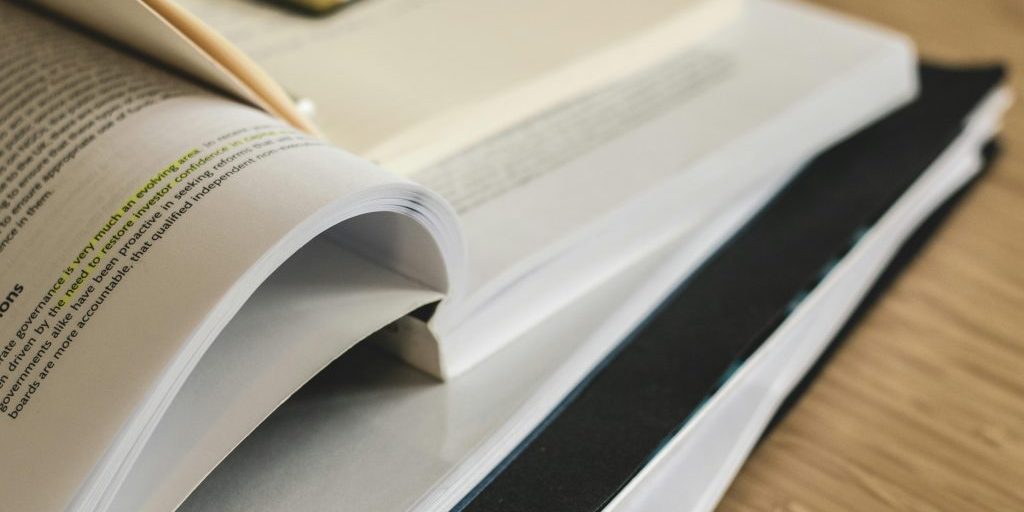The Satchwell Report after the Inquiry into Media Ethics and Credibility
In June 2019, the South African National Editors’ Forum (SANEF) commissioned a report after the publication and subsequent retraction of a series of stories by the Sunday Times between 2011 and 2016.
Much public debate about reporting and processes in newsrooms had taken place across the country.
An inquiry was proactively set up, its terms of reference to look at possibilities of ethical lapses within the industry and to find solutions to enhance quality, ethical journalism. Retired judge Kathleen Satchwell led a panel comprising veteran journalist and author Rich Mkhondo and award-winning journalist and former Fulbright Hubert H Humphrey Fellow Nikiwe Bikitsha.
The panel engaged with 167 individuals and entities, perused close to 200 documents and sought ad hoc research inputs including a comprehensive longitudinal study of the work of the Press Council of South Africa. Consultations occurred with newsroom practitioners, owners, academics, consumers and concerned individuals and institutions.
Members of the public were encouraged to participate in the process.
A 300-page report including 69 recommendations, the Independent Panel Report in the Inquiry into Media Ethics and Credibility, was issued in January 2021. Read it here.
SANEF also issued this comment upon its release.
Writing in the Daily Maverick, executive director of the Campaign for Free Expression, Anton Harber, said the panel had found ‘a shared set of systemic problems imperilling ethical conduct across the whole media landscape’.
‘These included, they said, “revenue challenges impacting on sustainability; the related diminution of resources for professional development and training and for the effective exercise of editorial and sub-editing checks and balances; the social media-fuelled pressure to break stories ever faster amidst competing mis- and disinformation narratives; societal pressures – including harassment and official disdain and manipulation – on reporters, and lacunae in the scope and powers of regulatory bodies”.
That’s not just a mouthful; it’s a head-full of problems. The panel’s 329-page report … is a cry of anguish from an industry in deep distress on every front
‘“The media,” the panel said, “do not currently have the adequate resources, well-functioning internal processes and strong, supportive national institutional framework necessary for effective functioning in a democracy”.
‘The panellists outline a media architecture which emerged from the apartheid era ill equipped for the challenges of democracy and say that transformation has been “haphazard and incomplete”.’
However, Harber noted that the report found that the media self-regulatory system – the Press Council and Ombudsman and the Broadcasting Complaints Commission of South Africa (BCCSA) – ‘”appear to be working well”, though suggest the industry should resource them better, consider standardising their separate operations and create one portal for all complaints from the public’.
‘The panel also [called] for the Press Council to consider introducing tougher sanctions – including fines and suspensions – for journalists who commit ethical breaches.’
SANEF commissioned a report after studying the Satchwell panel’s findings, which can be read here.




